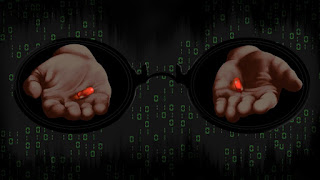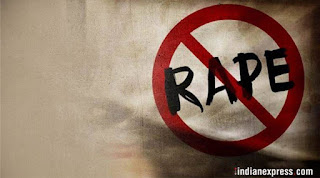Chapter 41: The Consequences of Thinking and Understanding
Understanding is consequences of thinking
The principle "Understanding is the consequence of thinking" emphasizes the importance of thought processes and cognitive effort in achieving comprehension and insight. The more we think, analyze, and reflect on information and experiences, the more we develop our understanding of the world around us.
Critical thinking: Engaging in critical thinking involves analyzing, evaluating, and questioning information, assumptions, and beliefs. This cognitive process allows us to discern the validity and credibility of ideas and to form well-reasoned conclusions.
Reflection: Reflecting on our experiences, feelings, and thoughts helps us gain insight and understanding. By contemplating and processing our experiences, we can learn from them, grow, and make better decisions in the future.
Curiosity and openness: Cultivating curiosity and maintaining an open mind are essential for deepening our understanding. By asking questions and seeking new information, we expand our knowledge and challenge our preconceptions.
Active learning: Engaging in active learning involves actively participating in the learning process, such as discussing ideas, applying concepts, and seeking feedback. This approach encourages deeper understanding and retention of information.
Problem-solving: Problem-solving is a cognitive process that requires analyzing situations, identifying potential solutions, and evaluating their effectiveness. By developing problem-solving skills, we enhance our understanding of complex issues and improve our ability to tackle challenges.
Creativity: Creativity involves generating new ideas, concepts, and approaches. By tapping into our creative abilities, we can develop innovative solutions and gain a deeper understanding of the world around us.
The principle "Understanding is the consequence of thinking" highlights the vital role of cognitive processes in fostering comprehension and insight. By actively engaging in critical thinking, reflection, and problem-solving, we can develop a deeper understanding of the world around us and improve our decision-making and problem-solving abilities.



Comments
Post a Comment